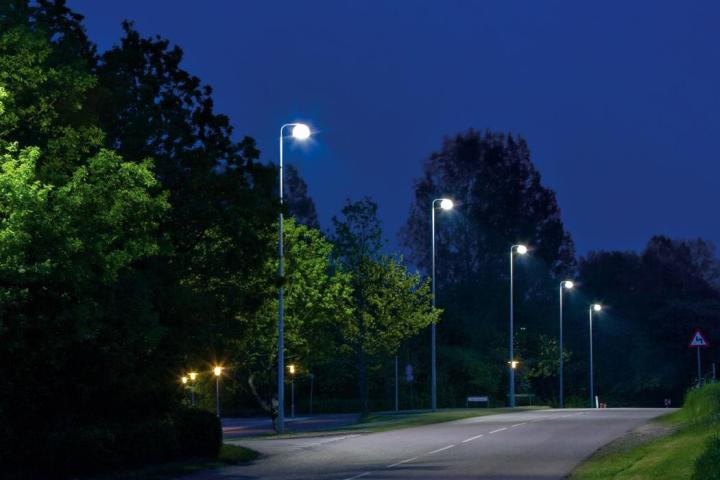
Known as “cell-site simulators” or “IMSI-catchers,” these devices have invited considerable controversy thanks to their primary purpose as phone surveillance tools. Of course, the general secrecy surrounding their use — and very existence — hasn’t sat well with critics either. But now, a bipartisan House Oversight and Government Reform Committee released a report, urging Congress to take legislative action against the Stingray and similar cell-site simulation surveillance devices.
“Advances in emerging surveillance technologies like cell-site simulators — devices which transform a cell phone into a real-time tracking device — require careful evaluation to ensure their use is consistent with the protections afforded under the First and Fourth Amendments to the U.S. Constitution,” the report notes. Although much of this surveillance is meant to keep Americans safe, law enforcement officials are being cautioned to walk a fine line.
“While law enforcement agencies should be able to utilize technology as a tool to help officers be safe and accomplish their missions, absent proper oversight and safeguards, the domestic use of cell-site simulators may well infringe upon the constitutional rights of citizens,” the report continues. “Transparency and accountability are therefore critical to ensuring that when domestic law enforcement decide to use these devices on American citizens, the devices are used in a manner that meets the requirements and protections of the Constitution.”
As per the newly released report, Stingrays are often employed by law enforcement agencies without warrants. Furthermore, the committee discovered that the Justice Department has 310 such devices and doled out $71 million on acquiring and using them between the 2010 and 2014 fiscal years, whereas the Department of Homeland Security claimed 124 devices and a total expenditure of $24 million in the same period.
Much of this action, however, has been shrouded in secrecy, something the committee hopes Congress will address. The report recommends that law enforcement agencies be more “candid” about Stingrays, adding that state legislatures ought to pass laws that would “require, with limited exceptions, issuance of a probable cause-based warrant prior to law enforcement’s use of these devices.”
That said, legislation at the federal level will also likely be necessary, the committee said, noting, “Congress should pass legislation to establish a clear, nationwide framework for when and how geolocation information can be accessed and used.”

